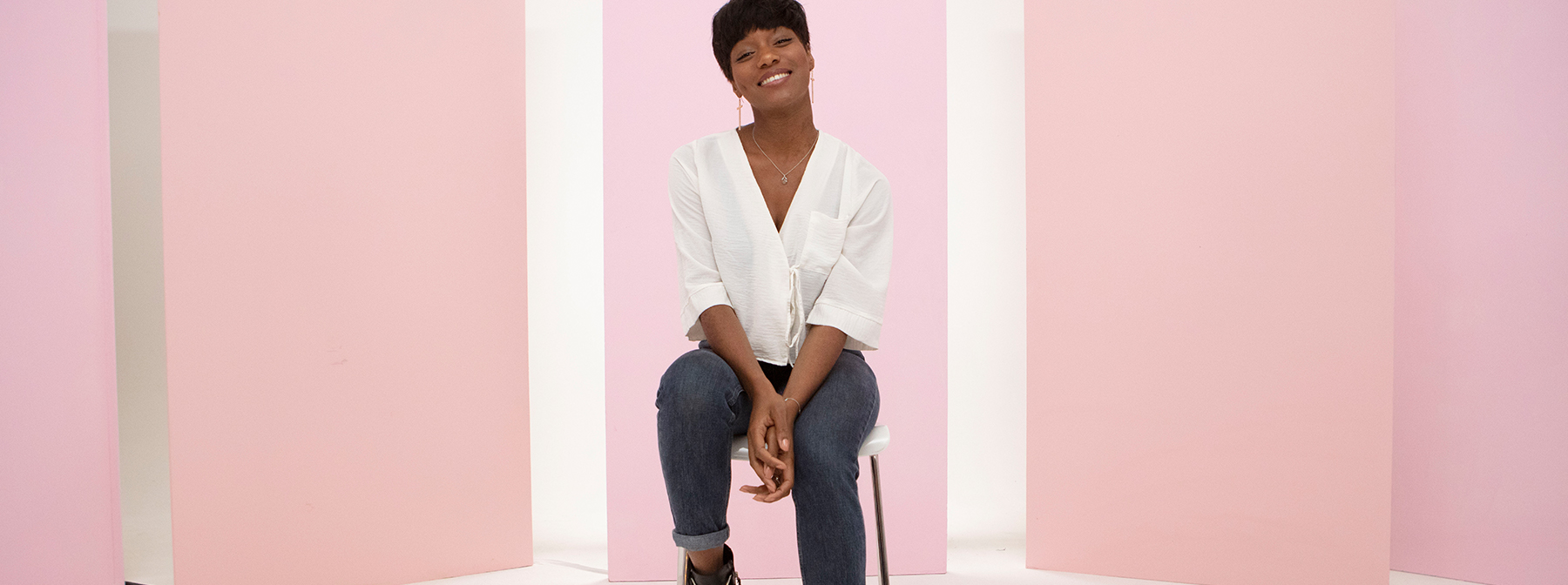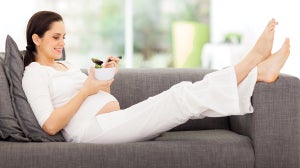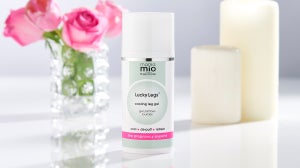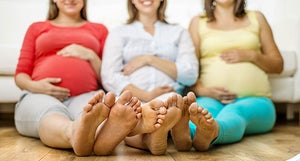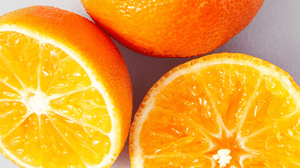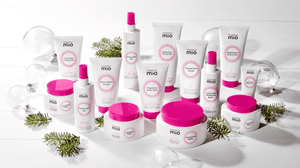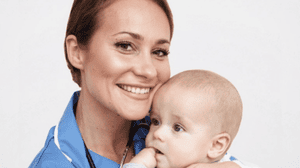As part of our #BehindTheBump campaign we caught up with actress, singer and super-mama Rachel Adedeji to talk all things baby blues, feminism and managing life in the public eye.
https://www.instagram.com/p/Bh1Gzs8nd_E/?taken-by=racheladedeji
In the press, you’ve talked about your experiences with the baby blues – can you give us a bit of insight as to what this meant for you?
For me, I didn’t even know what the baby blues were until the day I gave birth. I remember the midwife coming round and saying to me ‘you might start to feel hormonal, and very upset and that’s ok it’s just the baby blues’. I was like ‘ok cool, baby blues, whatever’ and then it wasn’t until I started to feel sad, I remember not really having an answer for it and that was very frustrating for me.
I almost wish I knew what I was upset about. I remember sitting back and saying to my husband, ‘I have everything that I could possibly want here, I have you my loving husband’, we’d just bought a house and that was all sorted, ‘I have this perfect baby, my family are here’ but all I wanted to do was go on a walk with the dog and cry. I remember feeling really sad about that and not wanting to talk to anyone about it.
Then I noticed that when it went on for more than a week - because the midwife said to me at the time that it shouldn’t last any more than a few days - and when I was still sad after two/three weeks I thought; there’s something wrong. It wasn’t until I mentioned it to my best friend, who has a friend who has a baby, she said ‘oh that’s normal, my friend who’s got a kid said that she experienced that too’. So I started reaching out to others mums and realised, oh my god, this is ok, I’m allowed to feel like this!
Because just think about it, you’ve been going through this thing of growing a human for nine months, it’s just come to an end. You haven’t got that bump anymore, you now have to live a real life of being a mother, learning how to breastfeed, learning how to deal with it all. I didn’t have the best of births in terms of the whole procedure, I ended up having to have an episiotomy, and that wasn’t very nice. So you come home, you’re walking up and down the stairs with stitches down below and all these things, so it’s very overwhelming and you’re allowed to have an off day.
It was really hard for my husband, who is obviously not going through the same thing as me, so has his own way of dealing with it, so it did kind of put a strain on our relationship. So for me, I had to be open about it and I had a lot of mums reaching out to me saying ‘I’m so glad you’ve spoken about it’.
A lot of my supporters who are young girls who watch me on Hollyoaks, who have had babies at a young age, all say that being young and having a baby, it’s a lot harder to talk about it because a lot of your friends can’t relate. I remember one who messaged me who had two children, but was only 17 when she’d had her first, said that she wished that she’d breast fed with her first baby but at the time because she was young and relatively naïve about the situation, she thought boobs were for a sexual purpose. So again it’s that lack of education and I feel like nowadays, in 2018 especially, people are more open about mental health and more open about breastfeeding; a lot more open about these female normalities we all go through and it’s ok to have these issues and discuss it!
https://www.instagram.com/p/BZoEQbGDQRU/?taken-by=racheladedeji
I think that’s definitely true, there seems to be more conversation about mental health than ever and the conversation around feminism has also opened up.
It’s no longer just a question of rights but simply having an open conversation about being a woman and talking about all the elements that were never historically discussed.
Yes it’s such an amazing time to have a daughter, I can’t wait for Lillian to grow up and for her to THRIVE! Like growing up I was so embarrassed about being hairy, like I’m a pretty hairy girl, I was so upset and my dad used to say ‘but being hairy is beautiful’ and I’d think you don’t know, all my friends don’t have hair. Whereas now I think, I don’t care, I’m a woman, I embrace it. It’s because at the time you grow up and you see how society perceives women, and it’s changed so much. Not only women now, but men who are feminists, men who accept and embrace it. My husband is so perfect, he says ‘I love the hairs on your body’ and he’s realistic and open and honest.
So I think, not just with motherhood specifically, but with everything, having this honest conversation is what’s helping with mental health more. Having mental health problems isn’t necessarily a negative thing.
Obviously the dialogue is opening up so much around mental health, do you think there needs to be more space in that discourse for maternal mental health specifically?
Yeah I think so because during my pregnancy I didn’t have much education around it. You know a lot of these big words to be meant nothing; preeclampsia, a placenta; I didn’t know anything about it, and I felt sad and guilty for asking. I said to my husband, I feel stupid for asking the doctor what this means, but he was like ‘why would you know, you’ve had no reason to research it’ but I didn’t say anything.
Even during the antenatal appointments, I had a lovely woman but she was a bit older and I think over the years she’d perhaps become a bit desensitised to it, it was always very quick. During the antenatal appointments they’re supposed to let you listen to the heartbeat and measure your abdomen, and I remember once she said to me ‘ok you’re all done’ and I asked, ‘oh are we not supposed to listen to the heartbeat?’ and she said to me ‘no I’m not going to do that today because I don’t want to upset you just in case I don’t find it’. Can you imagine? And I left thinking, maybe this is normal, but I was so anxious about. I wish that she asked me if I’d wanted to hear it.
Even later on down the line when I was about 32 weeks, she said to me ‘we’re going to listen to the heartbeat’ and I said ‘oh are you not going to measure the abdomen’ and she said ‘oh no, I visually measured you’ – visually?! I get that you’ve been doing this for a long time but this is my first time as a mum, let me enjoy it, let me go home and know that my baby is measuring ok. It’s just these little things and I wish that I’d milked it a bit more.
Do you think being in the public eye had an impact on your mental health during pregnancy?
Yeah a little bit actually, I guess because you’re a bit afraid of how people will perceive you. People see what they want to see, on social media I showcase the happier parts of my life because I only want to share my happy pictures and so I was a bit scared to talk about it for that reason.
It wasn’t until I started talking to other people about it and I thought actually, I don’t care, I’m allowed to showcase that and actually, I can use this platform to help people. If someone’s sitting at home on social media, looking at all these celebrities who seem to be living this perfect life, they might start to feel inadequate but actually we are all still humans, we are all still mothers. No matter what stage or what position we’re in, we all have this connection. Just because I’m on TV doesn’t mean I’m not going to have baby blues! That was important for me to talk about.
Was there anything that helped you feel better during this time?
For me, I’ve always been quite a fit person anyway so I started working out quite soon after having my daughter but that wasn’t even for aesthetic reasons, it was for my mental state. I’m so glad I did it for those reasons. Eventually I started to notice a result and then I started to feel better about myself, but I’m so glad I didn’t do it for those reasons, it wasn’t the forefront pressure for me.
https://www.instagram.com/p/Blib-xUFYa5/?taken-by=racheladedeji
